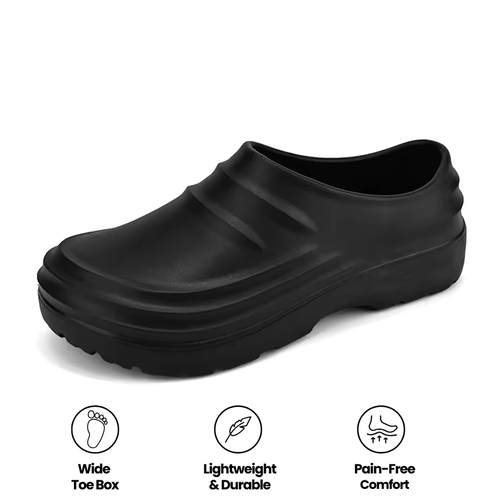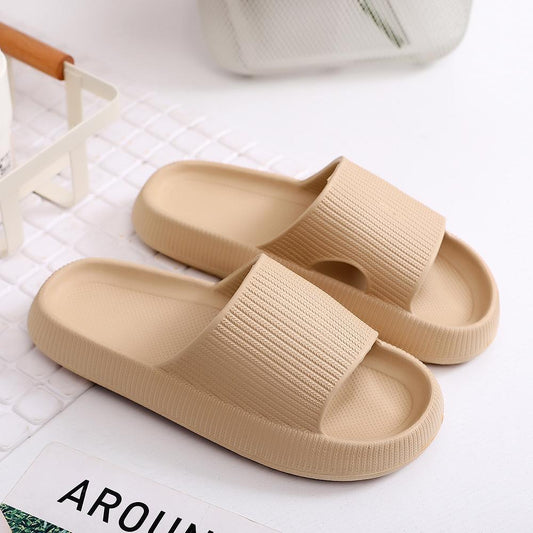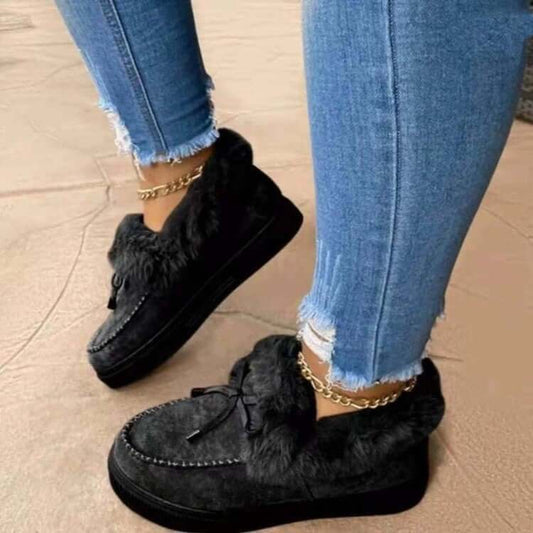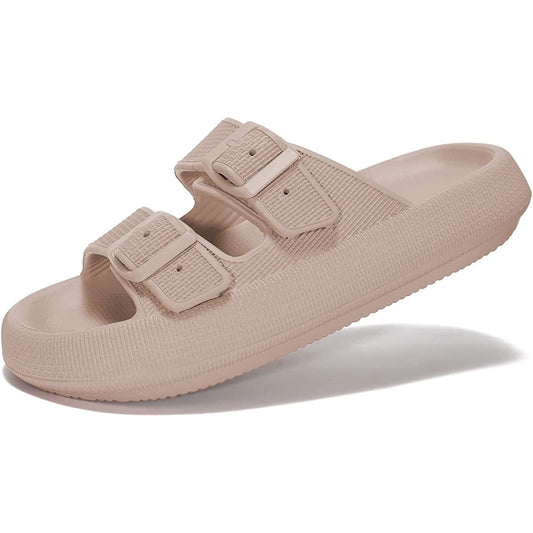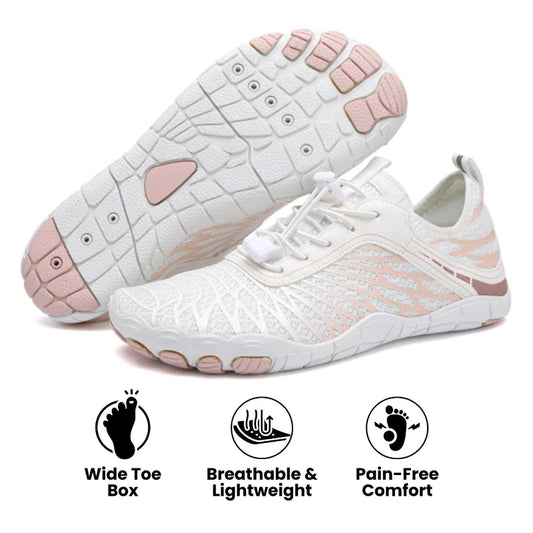Edema, a term many have heard but few understand in-depth, refers to the swelling caused by excess fluid trapped in the body's tissues. While the underlying reasons for its occurrence can be multifaceted, there are distinct ways to manage and treat this condition.
What are the Four Main Causes of Edema?
- Increased capillary hydrostatic pressure: Often a result of venous obstruction or salt retention.
- Decreased plasma oncotic pressure: Linked with liver diseases or malnutrition.
- Increased capillary permeability: Usually seen after injuries, burns, or inflammation.
- Obstruction of lymphatic flow: Can be seen in diseases such as lymphedema.
What Causes Edema Formation?
The balance of fluid movement between the capillaries and surrounding tissues usually maintains our body's fluid levels. Disruptions in this balance, caused by any of the reasons above, result in edema formation.
What are the 4 Types of Edema?
- Peripheral Edema: Typically in the legs or arms.
- Pulmonary Edema: Fluid buildup in the lungs.
- Cerebral Edema: Swelling in the brain.
- Macular Edema: Swelling in the eye's macula.
The Importance of Appropriate Footwear
For those dealing with peripheral edema, particularly in the legs, appropriate footwear like Pain Relief Slides can provide comfort. While they aren't a direct cure, they can alleviate some discomfort associated with edema.
Managing and Treating Edema
Edema's presence often raises the question: "How do you get rid of it?" Reducing sodium intake, elevating the swollen area, and exercising can aid in alleviating symptoms. But, what about the number one cause of edema? Heart failure, kidney diseases, and liver diseases, as the primary culprits, often need specialized medical interventions.
Is Walking Good for Edema?
Absolutely! Walking enhances circulation, reducing fluid buildup. However, ensure that you wear comfortable footwear like the Pain Relief Slides to support your feet.
Drinks, Medication, and Lifestyle Choices
Certain drinks, especially those high in salt and caffeine, might exacerbate edema. Simultaneously, several medications can trigger or worsen edema—another reason why a thorough consultation with a healthcare provider is essential.
For quick fixes, such as reducing swelling overnight, consider cold compresses and keeping the swollen area elevated. But, for chronic edema, a combination of lifestyle changes, medication, and sometimes therapy becomes necessary. Diuretics are commonly used medications for edema, but it's essential to consult a physician before starting any treatment.
Swelling vs. Edema: The Distinction
While both involve an increase in an area's size, the difference between swelling and edema lies in the cause. Swelling can be a broad term for any enlargement, but edema specifically refers to fluid accumulation.
Will Edema Go Away?
The resolution of edema depends on its cause. Short-term edema, like one from an injury, will likely subside with time and proper care. Chronic edema needs targeted treatment.
Conclusion
Edema, while often concerning, is manageable with understanding and proper care. Lifestyle choices, like wearing supportive footwear such as Pain Relief Slides, can make a significant difference in comfort levels. Stay informed, and always seek expert guidance for persistent or severe edema.



